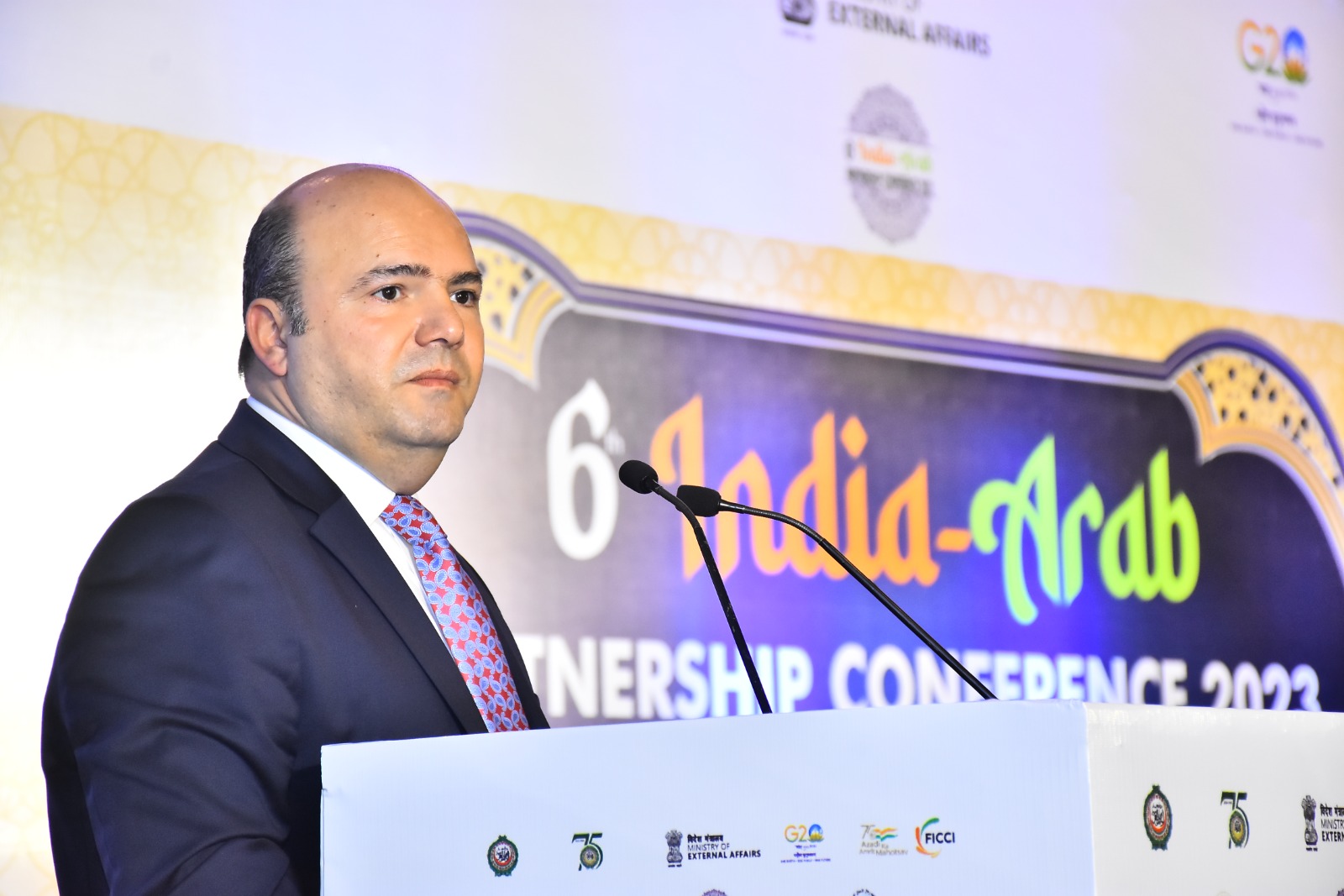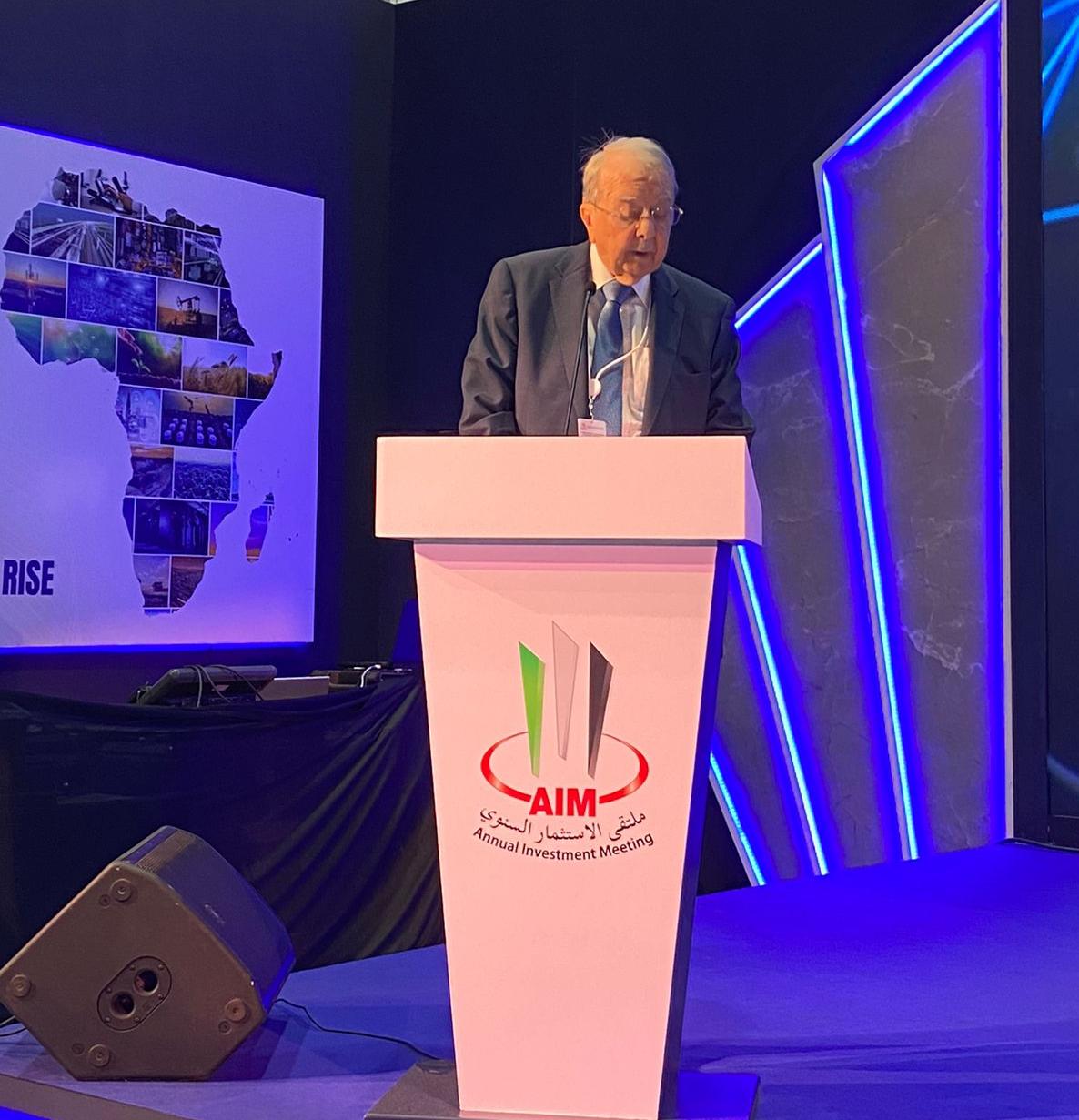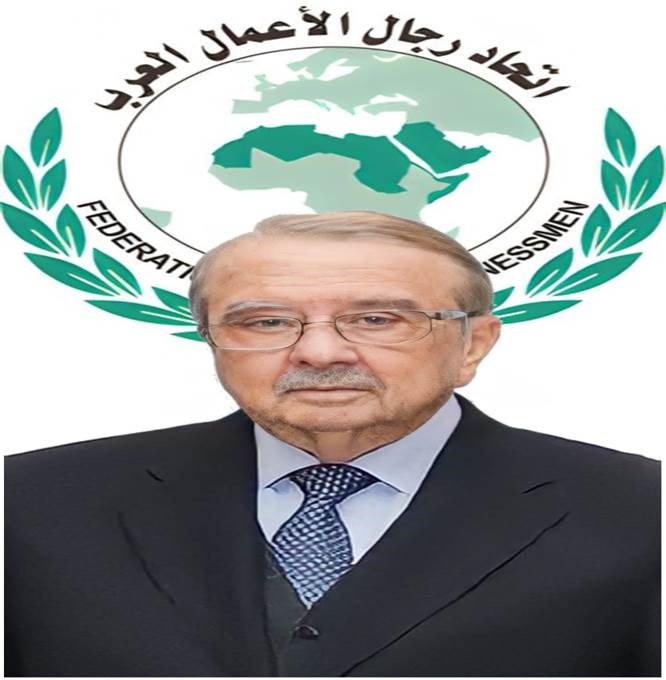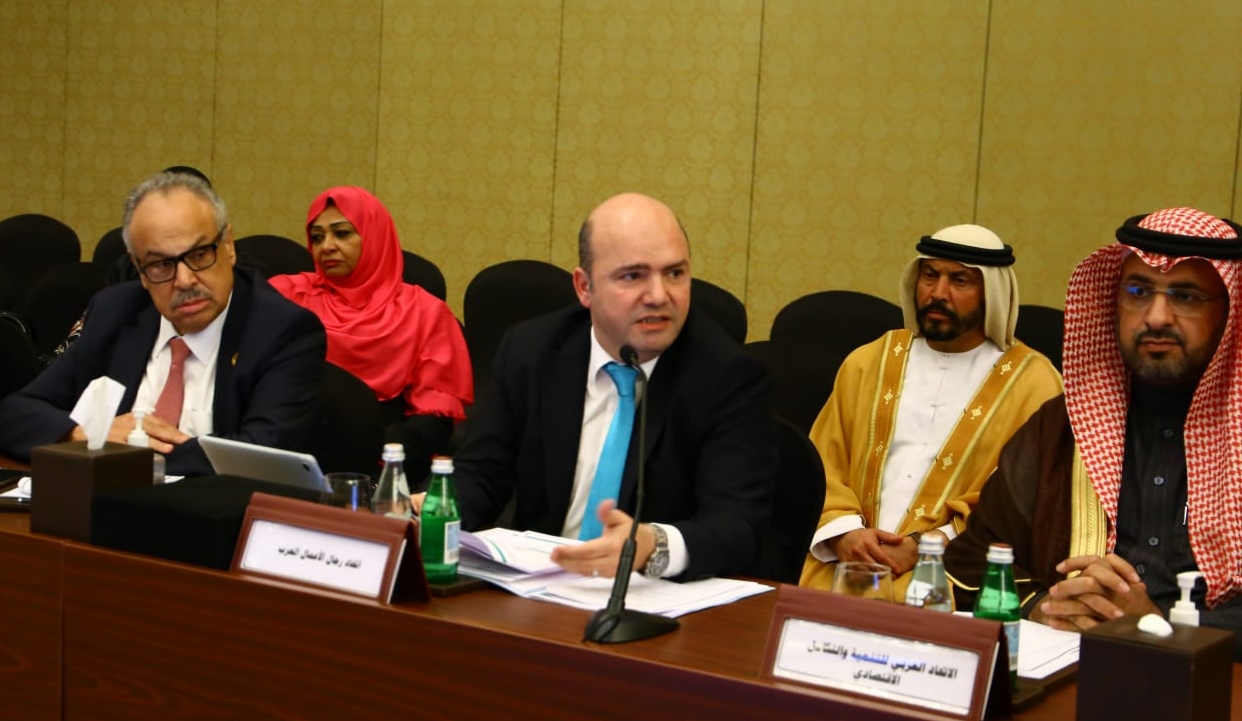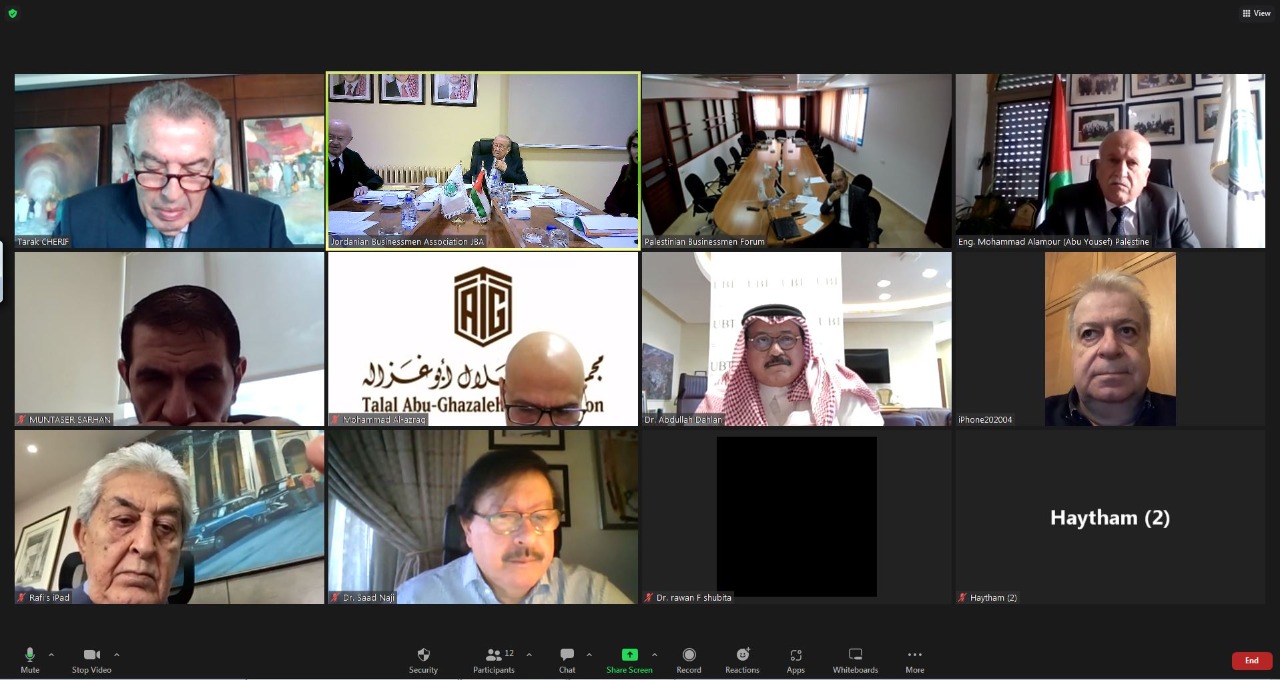

HE Mr. Hamdi Tabbaa President of the Federation of Arab Businessmen delivered the key speech in the opening session of the Third Arab-Indian partnership conference which was held in Abu Dhabi during the period 22-23/5/2012 under the auspices of His Highness Sheikh Abdullah Bin Zayed Al Nahyan, Minister of Foreign Affairs in the UAE . Hereunder is the speech of His Excellency Mr. Hamdi Tabbaa:
The series of Arab Indian economic conferences , the third of which is held in Abu Dhabi today and organized by the Economic Directorate of the Arab League of Arab States, the Federation of Arab Businessmen and the Federation of Arab Chambers of Commerce aim at promoting Arab Indian relations to wider prospects to include most sectors of economic activity. In this context I refer to the successful visit organized by the Federation of Arab Businessmen to New Delhi in 2006 which was considered one of the most successful foreign visits of Federation at the level of cooperation with the major economies in the world. That visit extrapolated the considerable progress achieved by the Indian economy as one of the major emerging economies in the world.
This conference is held today in Abu Dhabi under global and regional harsh economic condition reflected in financial crisis in Europe, rising oil and food prices, the difficult economic situation in the United States and low rates of economic growth in most Arab countries because of the exceptional economic circumstances being experienced by some Arab countries where It seems that these conditions will not stabilize in the near future.
On the other hand, conditions are now favorable to increase the pace of trade and investment cooperation between Arab countries and India, where the volume of trade between India and the Arab states amounted to more than $ 120 billion and it is expected to exceed $ 130 billion this year. It is well known that more than 70% of India’s imports of oil and gas come from the Arab countries. With regard to investment, Indian investments in Arab countries were estimated at about (6) billion dollars and they are expected to reach about 30 billion in the next few years. The total Arab investments in India amounted about (2) billion dollars in addition to more than (4) millions of Indian labor working in the Arab countries are and remitting about $ 26 billion to India every year.
The long – established economic relations between India and Arab countries have shown that there are a number of viable opportunities for investment in promising sectors of the economy on both sides. In the field of mining, chemical and fertilizers, India is a major importer of mining products from Arab countries such as phosphate, potash, sulfur and iron. India also has several partnerships in these sectors in the Arab countries and there are feasible opportunities for investment in manufacturing fertilizers. we also call on India to set up investment projects in the mining products in Arab countries and not only import of raw materials as the establishment of joint ventures in the Arab countries will serve the large Indian market and the Arab market of population of about 400 million people.
In India, There is developed pharmaceutical industry from which in addition to those of China and Brazil Arab States import 90% of the raw materials for their pharmaceutical industries. India also is using advanced technology to manufacture its pharmaceutical products; therefore there are great opportunities for cooperation in the exchange of information and research in the pharmaceutical industry for drug development among the Arab countries and India, where 223 Arab pharmaceutical companies are in need of building a close cooperation with the Indian advanced pharmaceutical industry.
The cooperation in the field of agriculture constitutes an important aspect of cooperation in animal husbandry, food processing, and transfer of expertise and techniques of irrigation systems, the fight against desertification and the development of forests and grazing areas in which India has distinct expertise. Arab Countries are in dire need of this expertise in the light of increasing food security gap in the Arab world and the retraction of agricultural land suitable for agriculture. In contrast, industry of chemical fertilizers, phosphate and potash products as well as agricultural pesticides from these countries opens up the possibility of establishing joint investment projects aiming at providing the needs of the Indian market of these substances.

